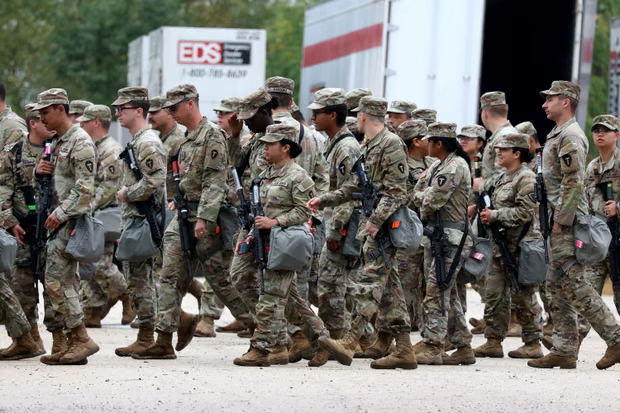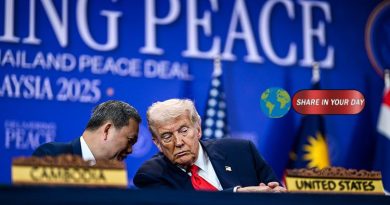Trump’s unilateral order to pay troops amid shutdown raises constitutional alarms
President Donald Trump has directed that U.S. military personnel continue to receive pay despite the ongoing federal government shutdown. That move, while politically popular with service members, has legal experts sounding alarms: the decision sidesteps Congress’s appropriations power and could reshape how budget authority is exercised in future standoffs.
What happened
With the federal government shut down after Congress failed to approve spending legislation at the end of September, hundreds of thousands of federal workers have been furloughed or working without pay.
In contrast, Trump ordered that service members still receive their regular salaries. To finance this, the administration reportedly redirected around $8 billion from the Department of Defense’s research & development budgets.
In addition, a private “friend” of the president reportedly donated $130 million to offset troop salaries — accepted by the Pentagon under its “general gift acceptance” authority on the condition the funds be used for service members’ pay and benefits.
Why experts say the move is risky
Legal scholars and policy experts argue the action undermines the constitutional role of Congress in controlling the purse strings. One senior fellow at the American Enterprise Institute (AEI) observed:
“There’s no congressional authorization for troop payment for this new fiscal year. So it’s going pretty far out on a legal limb.”
Key concerns include:
Appropriations power bypassed: Congress did not approve new spending or specifically guarantee military pay for this fiscal year — meaning the funds were not formally authorized.
Potential violation of the Antideficiency Act: Officials who reallocate funds without proper statutory authority may face legal jeopardy, though prosecutions have historically been scarce.
Precedent for executive budgeting: By unilaterally shifting money, the executive branch may be gaining a mechanism to act without congressional approval — raising long-term concerns about separation of powers.
Political and institutional implications
While paying the troops is broadly popular and non-controversial in itself, the institutional effects are complex. Experts warn that:
This sets a precedent allowing the president to allocate funds for other contested uses without needing legislative approval, weakening Congress’s role.
It may make future budget negotiations harder: if one side believes funding deals can be bypassed, trust and leverage in the appropriations process evaporate.
The move signals a broader pattern: the attempt to shift power from Congress to the presidency, particularly in fiscal matters historically controlled by the legislature.
What’s next
The burden now falls to the Republican-controlled Congress to reassert its budget authority. The AEI fellow noted that appropriators are likely frustrated by the White House’s maneuver and may act to stop such practices in the future.
Meanwhile, litigation faces hurdles: courts usually require plaintiffs to show concrete harm, and legal experts say challengers may struggle to establish standing in this case.
Bottom line
By ordering troop pay during the shutdown, Trump has delivered financially for the military — but at the cost of raising serious constitutional and institutional questions. As one expert put it:
“If the president can just … spend money into existence, he can drain accounts and use them on whatever he wants. Like, what are we even doing there?”
The decision may appear benign when it concerns paying service members — but its implications for the balance of fiscal power in Washington could be far-reaching.




